How to Prepare Your Home for New HVAC Regulations
As the world continues to prioritize energy efficiency and environmental sustainability, upcoming changes in HVAC regulations are in place to ensure homes become more energy-efficient. Starting in 2023, homeowners must prepare for new energy efficiency standards that affect residential central air conditioning units and air-source heat pump systems. Understanding these changes and taking the appropriate steps can help ensure compliance while also unlocking potential savings on energy bills.
According to This Old House, every residential central air conditioning unit and air-source heat pump system installed after 2023 must meet new energy efficiency standards. This means older systems that do not comply with these standards may need upgrading or replacement. Homeowners should schedule an HVAC Service to evaluate their current systems and determine if they meet the new criteria, ensuring compliance with the impending regulations.
Schedule an Inspection to Evaluate Your Current System
One significant change is the improved energy efficiency standards. To stay ahead, homeowners should schedule a professional HVAC Service inspection. A certified technician can assess whether your system meets new efficiency guidelines or needs replacement. Taking early action prevents last-minute issues and allows time to explore rebate and financing options.
Explore Financial Incentives and Long-Term Savings
Financially, these new regulations might seem burdensome at first glance, but they provide long-term cost benefits. Investing in a more efficient HVAC system may involve upfront expenses, but it results in substantial monthly energy savings. Additionally, many local utility companies and government agencies offer rebates, tax credits, and incentives for homeowners who choose to upgrade. An HVAC service provider can help navigate these programs and identify the best options for your home.
Upgrade Your System for Comfort and Sustainability
Aside from compliance and cost savings, upgrading your HVAC system contributes positively to the environment. More efficient systems consume less energy and reduce greenhouse gas emissions. By meeting the new standards, homeowners can lower their carbon footprint while also enjoying quieter operation and better indoor air quality. Newer systems often improve overall comfort and health within the home.
The new HVAC regulations represent an important step toward a more sustainable future. By understanding these changes and making the necessary updates to your system, you can ensure compliance, enjoy cost savings, and contribute to a healthier planet. Contact Hale's Mechanical today to schedule your service and prepare your home for the latest standards.

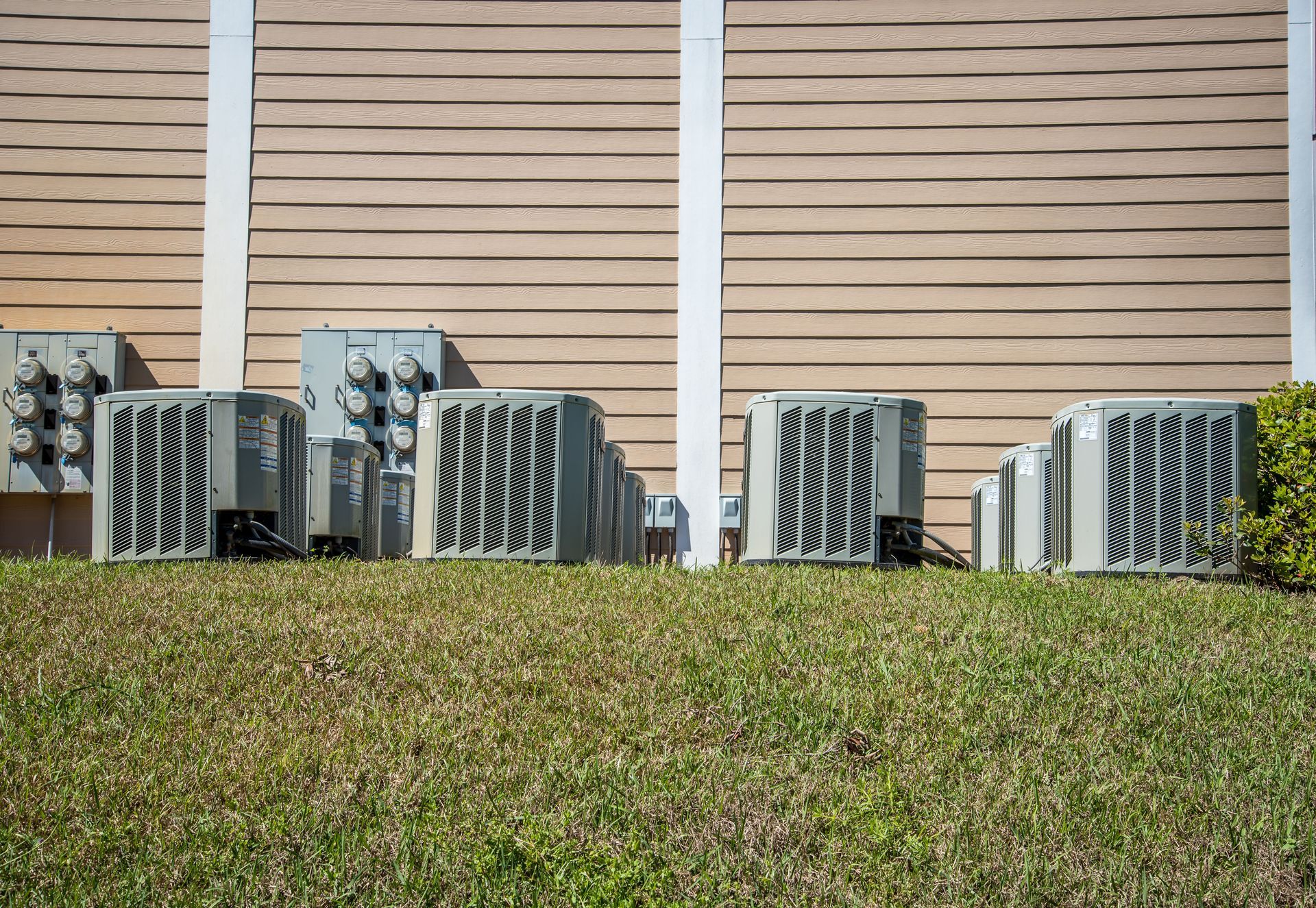
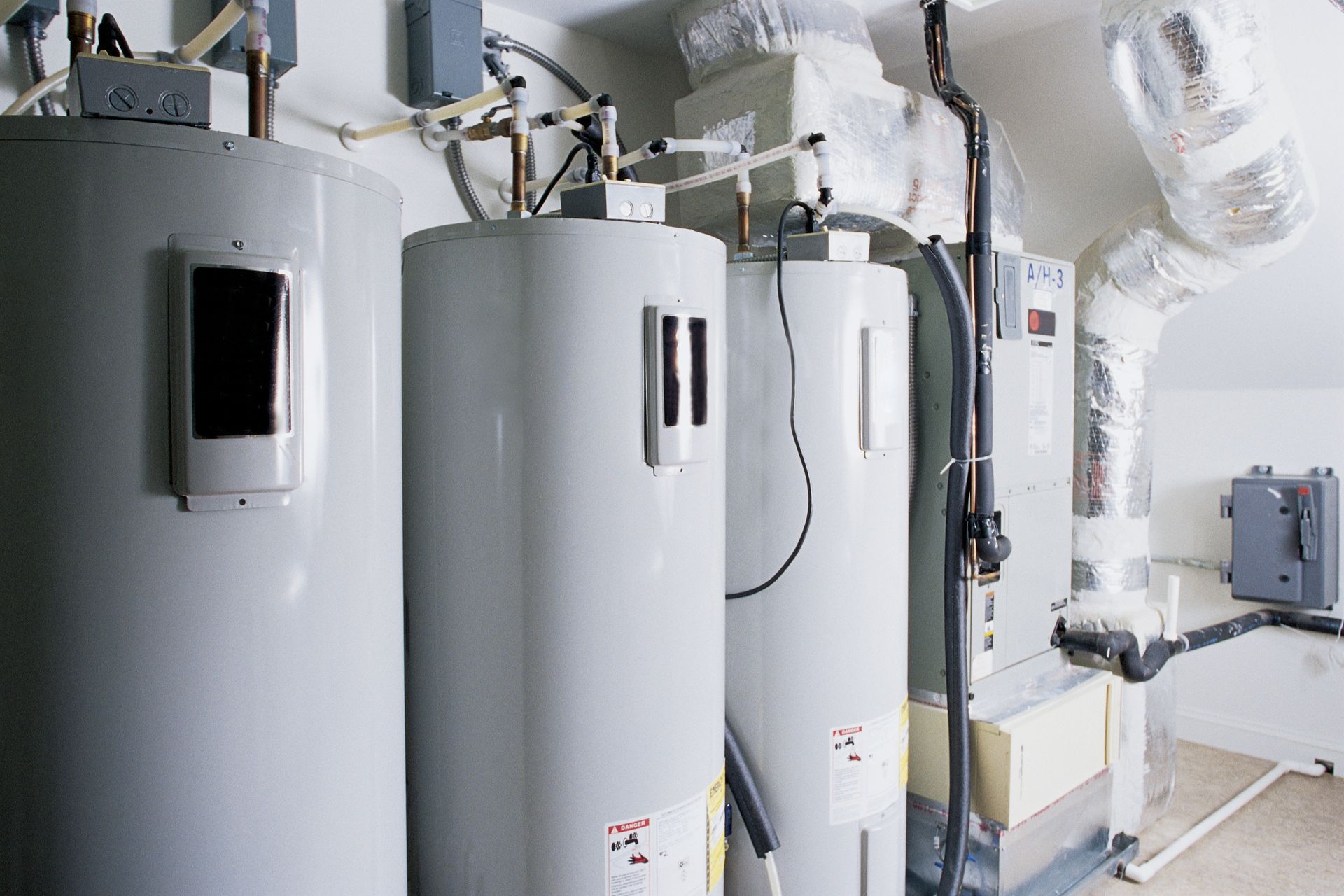
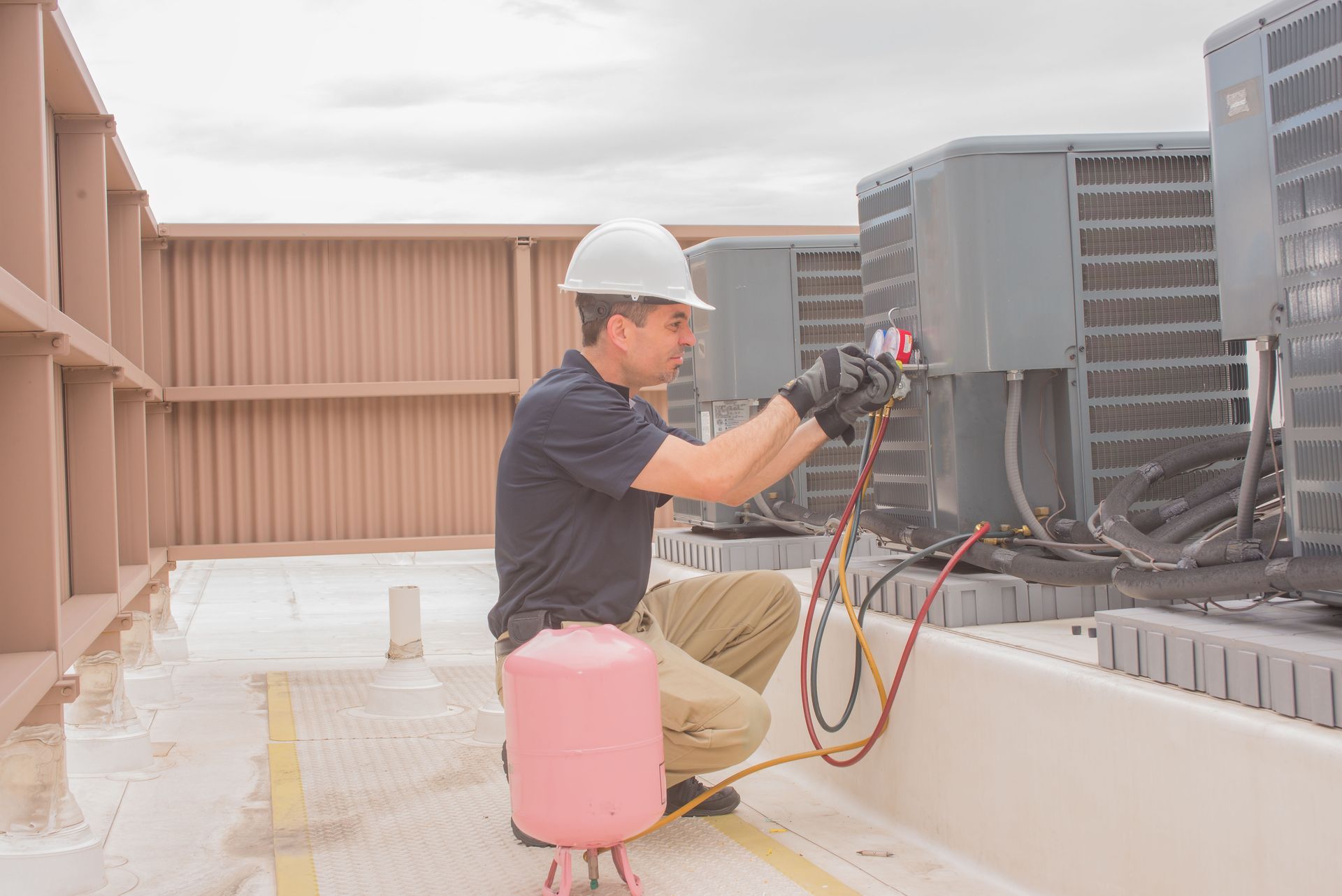
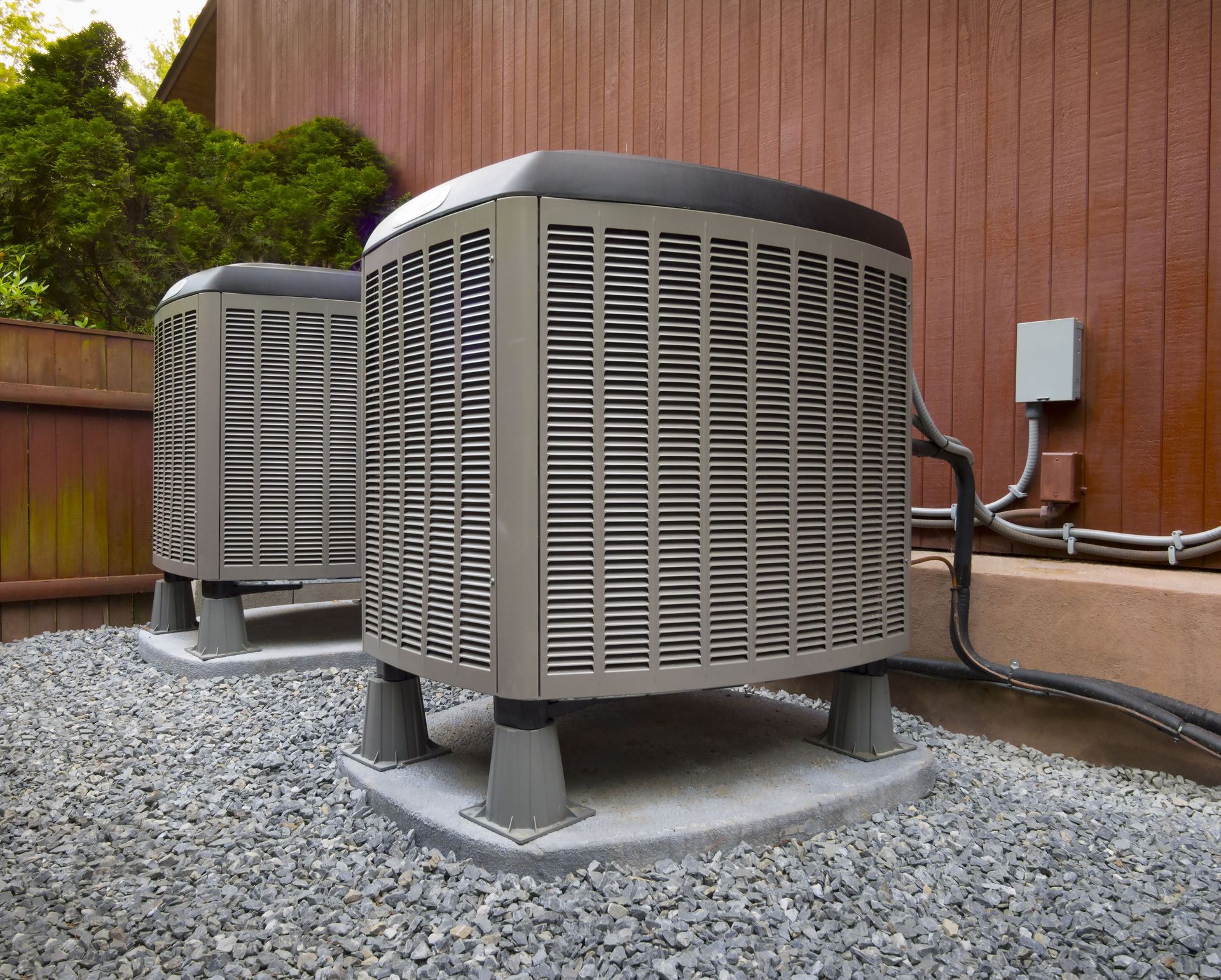
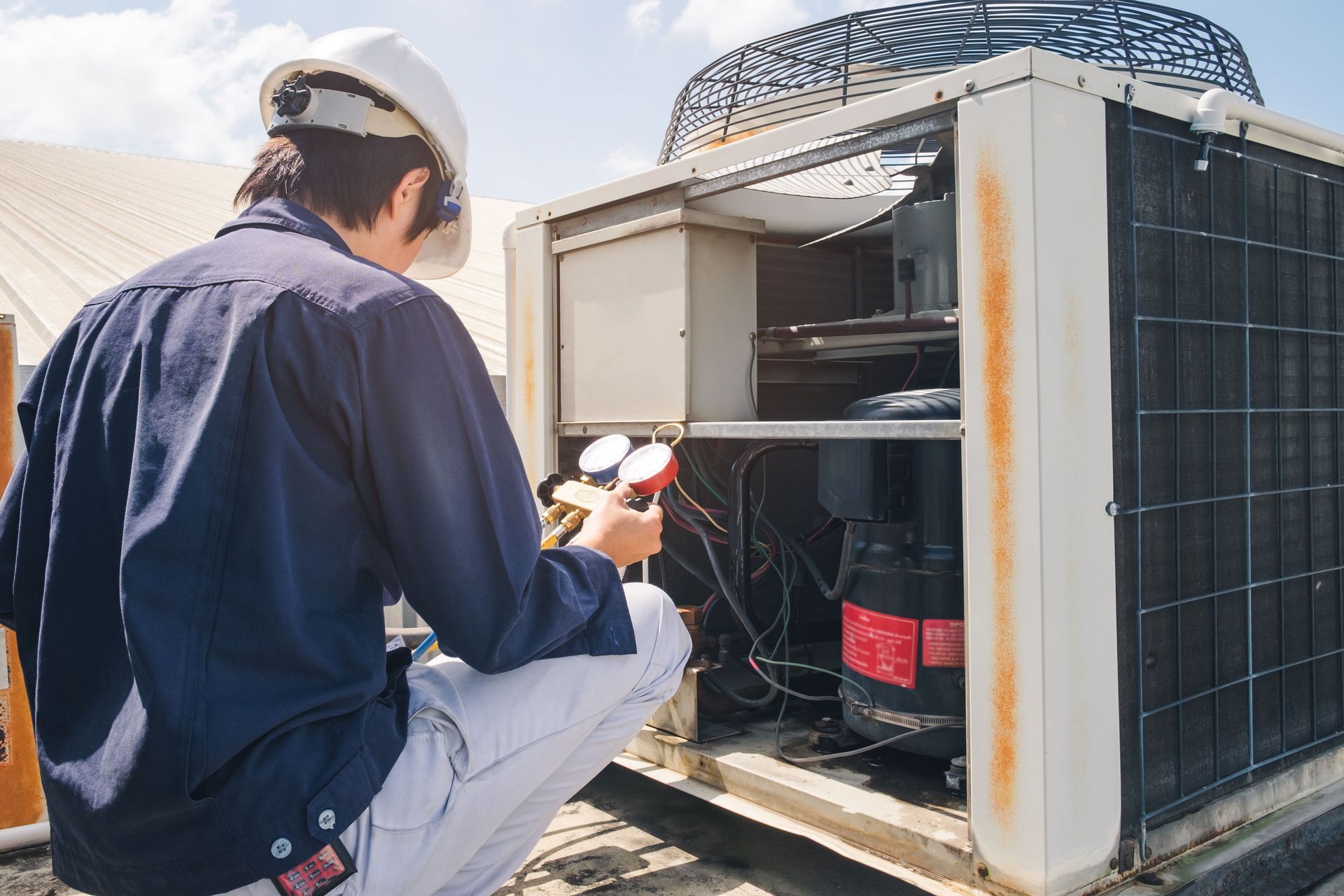
Share On: